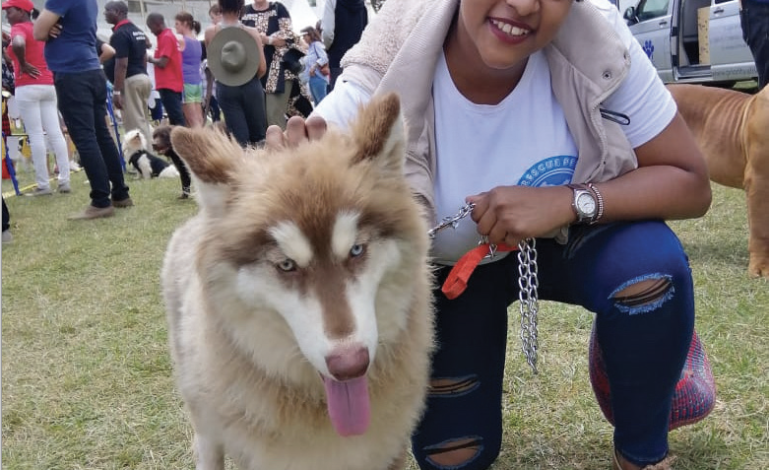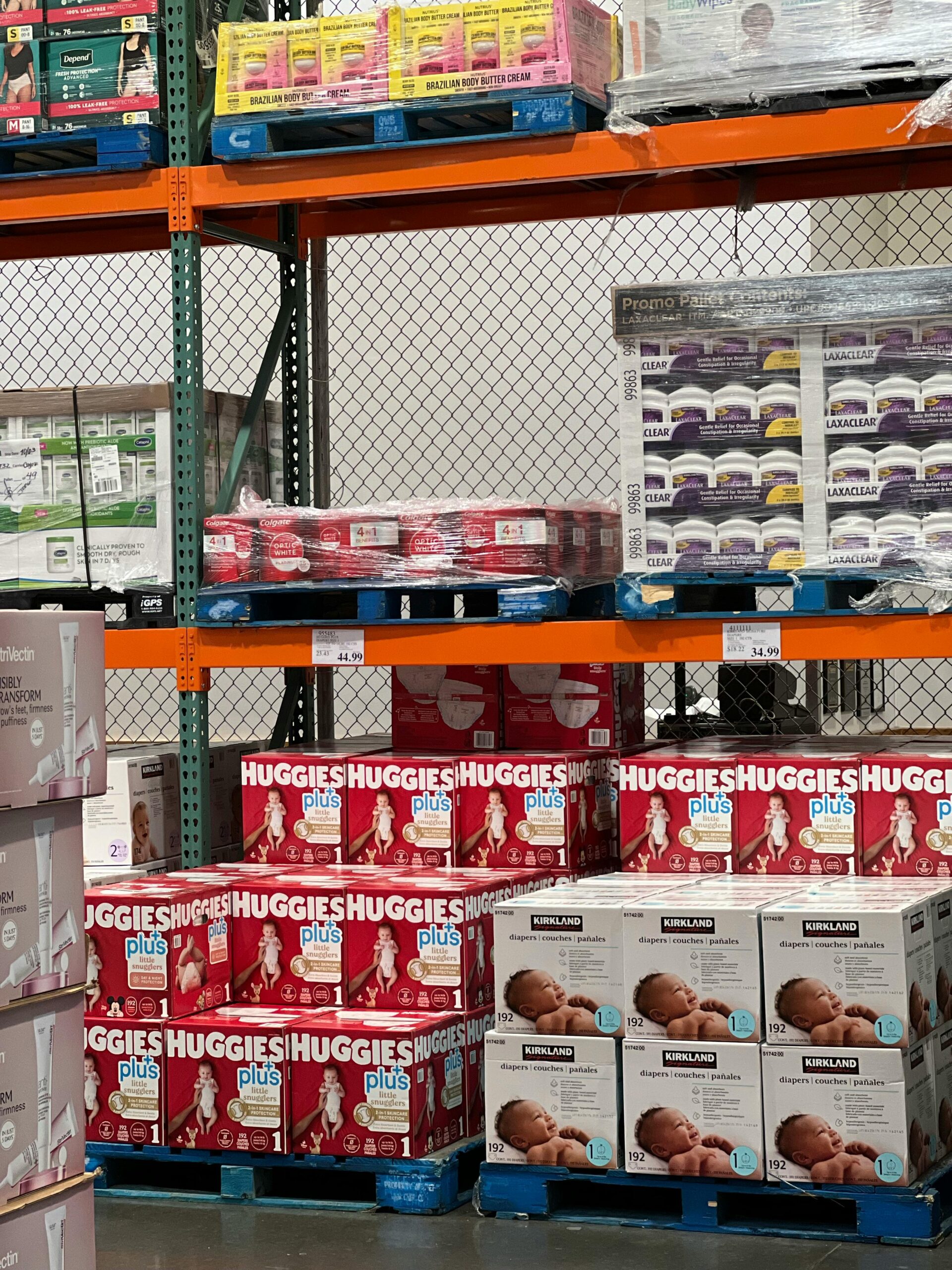Muthoni Gichobi on rescuing stray dogs and cats
Renowned French author Sidonie-Gabrielle Colette once remarked, “Our perfect companions never have fewer than four feet.” While this is true, some of these perfect companions lead the most imperfect, gruesome

Renowned French author Sidonie-Gabrielle Colette once remarked, “Our perfect companions never have fewer than four feet.” While this is true, some of these perfect companions lead the most imperfect, gruesome lives and suffer utmost neglect. Muthoni Gichobi of Rescue Pets Kenya set out to reverse this. She speaks to AUDREY AWUOR about creating a little heaven down here for all animals.
In 2019, the Nairobi County Government announced a move to kill over 50,000 stray dogs in the city and Ksh100 million was to be used in the exercise. Lobby groups decried the move, terming it as cruel and stating that the money could be used to spay-neuter (removal of an animal’s reproductive organ) and vaccinate the animals instead.
It is not so much the killing that inspires rage at such acts, but the means with which the stray dogs are routinely killed. The poisoned animals experience a whole two hours or more of agonising full body spasms before they eventually die.
For stray dogs or cats, their limps, mistrust and fear in their eyes are evidence of the suffering they have gone through in the hands of human beings. In fact, if animals were to speak, mankind would weep. It is people like Lydia Muthoni who not only speak for animals but also have committed themselves to changing the narrative on the maltreatment of strays and neglect of pets in general.
Pets make a home
“Pets make a house a home. They warm the soul. Pets bring people together and they help us be selfless and more loving. It’s great for children to grow up around pets,” says Muthoni. Of course, she would know this, having grown with and shared half her food with pets when she was a child.
Their house always had cats for as long as she can remember. It was until she left home for college at Daystar University that she came to terms with the dire conditions animals without homes lived in.
A calico cat living within the campus premises liked to hang out around the Daystar University Students’ Association (DUSA) offices. The cat was thus nicknamed the DUSAcat. Being a member of the students’ council, Muthoni often ran into the cat.
“She had a really nasty wound at the back of her neck that caused her a lot of agony. It was so large that it made any room smell really awful when it walked in. I tried to treat it,” she recalls.
She tried every trick in the book from salt water treatments to applying GV and an array of medicines. But the wound was too deep. It would close up only to get re-infected, dooming the cat to a cycle of pain and treatments that did not work. This bothered Muthoni to no end.
But the status of the festering wound is not all that worried Muthoni. The cat kept having kittens. Some people would fall in love with the kittens and take them home. But while the kittens kept coming, the number of people willing to take them in as pets dwindled. Most kittens hence ended up dead, their ailing mom unable to properly take care of them. If there is a sight that is difficult to process, it is that of a dead kitten or pet for that matter. It gnaws at the mind and denies one peace and that is exactly how Muthoni felt when she came across yet another dead kitten.
“I felt so helpless and I hated that feeling. I wanted to be in a position to provide treatment and get her spayed so that the quality of her life could improve. I never really got to help her heal from that wound because it was too expensive to treat her on my student budget and my knowledge of vets was minimal,” she remarks.
True love meows
That is when she decided to start a social community group to raise awareness on proper animal care, which she dubbed True Love Meows. She had hoped to bring the cat’s plight to light and that people would raise enough money to afford her good treatment. Things did not go as planned and Muthoni had to come to the painful realisation that she could not do much for DUSAcat. She does not know, to this date, what became of the cat after she graduated.
But this cat paved way for many other cats, dogs and pets to get help and have a shot at a good life in their short lives. True Love Meows morphed into what is today Rescue Pets Kenya in 2016 with an objective to rehome animals.
“We come across animals that are unwanted, unloved and sometimes in horrible conditions and we get them homes where they will live happy lives for the rest of their days. We also recently started working on a project (in conjunction with another organisation) that will help eradicate rabies by vaccinating animals. We also sell merchandise and will soon start a boarding facility for pets,” she explains.
When most people wanted pets in the past, they simply ‘booked’ them from friends and family whose pets had had puppies or kittens. Thus, the concept of adoption from an organisation that deals solely with that was not widespread. However, Muthoni says times are changing and more people are embracing the concept of adoption from shelters and organisations such as Rescue Pets Kenya. This is good because there are enough pets that need love.
However, not everyone is comfortable with the idea of paying adoption fees for the pets they want. This stems from the general notion that pets should be free. While Muthoni does agree that pets should be free, this notion is far removed from reality and is hardly practical. There are huge costs that are incurred in rescuing the animals, getting them the medical care they need and having them vaccinated, neutered or spayed. The adoption fees help offset some of these charges.
Pedigree and pets for aesthetics
There is also the matter of people preferring to buy their ‘dream’ pets from breeders as opposed to adopting them. Most of these people are motivated to get pets purely for aesthetic reasons, thus they specify the breed, colour and pedigree down to personality. This means the pets that do not meet these criteria often stay without homes. But pets, Muthoni insists, are not just a gift or an accessory. They are part of the family that need to be taken care of and afforded good medical care.
While most families may provide their pets with all the care and love they can get, vet services still remain inaccessible and can be very expensive. As such, when they fall sick or get into accidents, they more often than not fall into the same cycle of pain as the DUSAcat.
“I attribute the inability for some families to provide proper medical care to the high cost of living and priorities. Share of pocket for vet services is low among those who aren’t affluent. This is also why we started the vaccination program to help animals get basic vaccinations against rabies, which also affects humans and can be fatal,” she explains.
She adds, “We recently partnered with Esther Kairu who is a dog trainer for a vaccination project. I plan on making more partnerships in 2020.”
The highlight of her days is when she gets to visit the rehomed pets in their new homes and find them all healthy and happy. She looks forward to the videos and pictures of happy, settled pets sent to her by the new pet owners. These are the moments she lives for.
She has so far rescued and rehomed almost 200 animals. Sometimes she gets so close to the animals in the period that she fosters them before finding them new homes that when it is time to give them up to their new families, it pains her greatly.
Her running goals at the moment involve getting stray animals around Kenya vaccinated and spayed/neutered. This improves the quality of their lives and gives them a better chance at surviving.
“Futuristically, I want to improve the lives of an infinite number of animals. I don’t want to limit myself by capping it,” she says.
For those who would wish to adopt or get a pet, she advises that you do enough research before embarking on it.
“For all the joy they bring into a home, pets are also a lot of work and should not be neglected. Instead, adopt when you are certain you want to give the pet a wonderful life. Otherwise, don’t adopt. Animals mustn’t suffer,” she concludes.
This article was first published in the February Issue of Parents Magazine
READ OUR LATEST ISSUE HERE:




